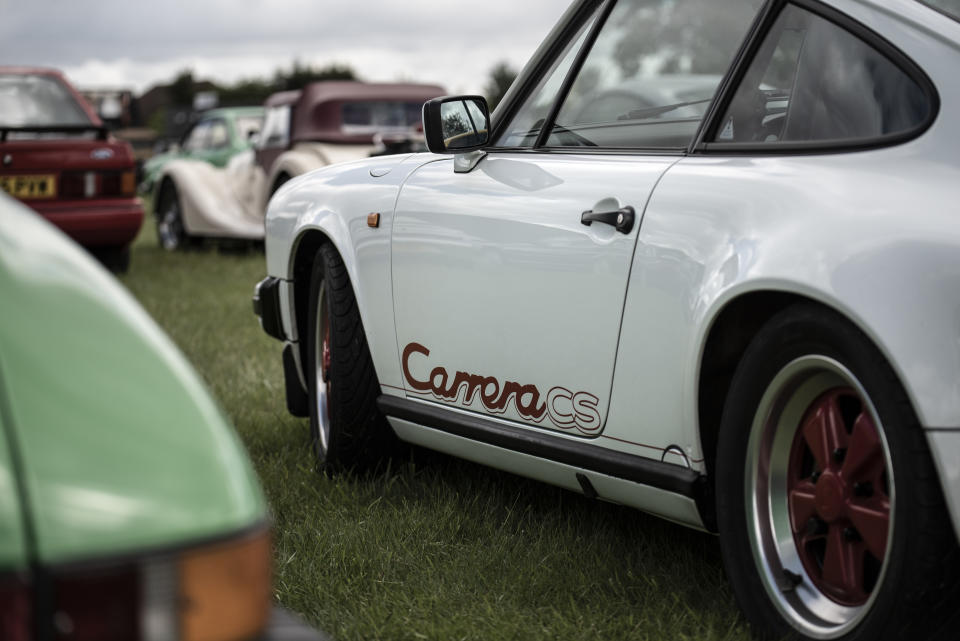Classic cars ‘less damaging to environment than modern combustion engines’
A new report has come out claiming classic cars are less damaging to the environment than modern combustion engines and even EVs.
The study from specialist insurer Footman James says that, with an average classic car covering just 1,200 miles over the course of a year, these models emit an average of 563kg of CO2 per year.
In contrast, the report claims an average passenger car (a Volkswagen Golf is used as an example) has a 6.8-tonne carbon footprint immediately after it’s produced. For EVs, this number is a huge 26 tonnes of carbon dioxide from production. This is based on a Polestar 2’s production, with the Swedish EV manufacturer being very open about a car’s lifetime environmental footprint.

The report does acknowledge that ‘even though a modern car would, in fact, be more efficient and use less fuel if used on a daily basis, the environmental cost of manufacturing a new vehicle immediately negates this’.
David Bond, managing director of Footman James said: “It’s easy for one to assume that classic cars are more damaging simply because of their older and less efficient engines, however, the data in this report disproves that theory. It’s really about how these vehicles are maintained and used; it is clear that while new modern and electric cars might seem better for the planet day-to-day, the problem is how much of an impact their production causes.”
As part of Footman James’ ‘Indicator Report’, it also asked classic owners their thoughts on climate change, with 66 per cent of the insurer’s audience expressing concern about climate change. Fifty two per cent said they would sign up for emissions offsetting schemes, too.
Bond added: “Speaking to our audience, we’re glad to discover that a substantial portion is concerned about the effects of climate change, and many would sign up for emissions offsetting schemes. The future of classic cars is in our hands, and we must do everything we can to ensure they stay on the road.”

 Yahoo News
Yahoo News 
